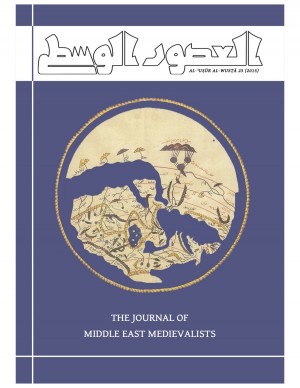Abstract
This paper analyzes how the memorialization and commemoration of early conflicts in Islamic history influenced the performance and legitimization of jihād, especially on the part of caliphs who ruled in the Islamic West. Jihād is defined here as an ideology, a discursive tool that appealed to accepted and shared sacred elements; created a framework for the justification of specific actions on the part of the caliphs; and generated new authority. The paper also discusses the importance of the maghāzī and futūḥ, as well as its later impact, reception, reinvention, and re-contextualization. The focus of this study, however, is the key role that military expeditions during the founding period of Islam played in the conceptualization of jihād, which turned primitive episodes of war into legitimizing elements by utilizing the image of ideal behavior enjoyed by Muḥammad and the rāshidūn within the Umma. This study considers the Cordoban Umayyad caliphate and the Almohad movement, two periods during which al-Andalus was ruled directly by a caliph. By considering both chronological and geographical contexts, the paper analyzes the commemoration of the first battles of Islam, wherein both caliphates in the Islamic West presented themselves as a renewal of the early “golden age” of Islam. A comparison between the caliphates illuminates their similarities and differences.

This work is licensed under a Creative Commons Attribution-NonCommercial-NoDerivatives 4.0 International License.
Copyright (c) 2020 Javier Albarrán

